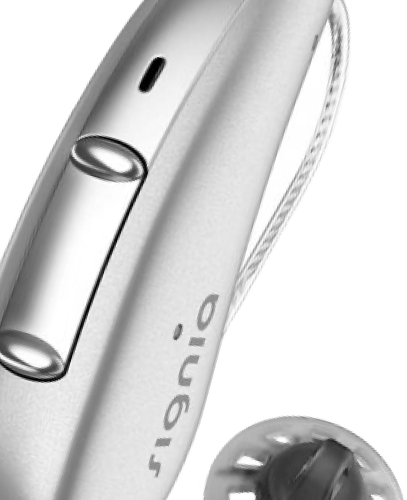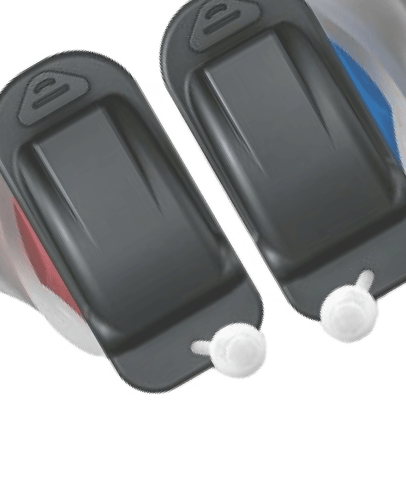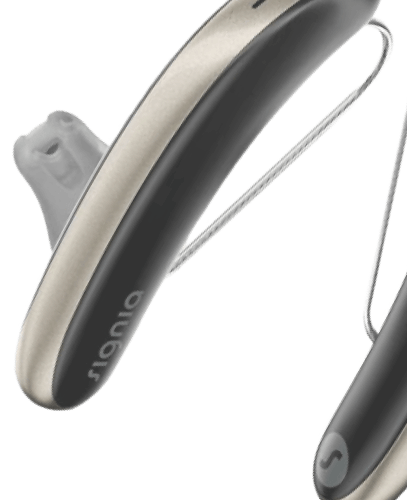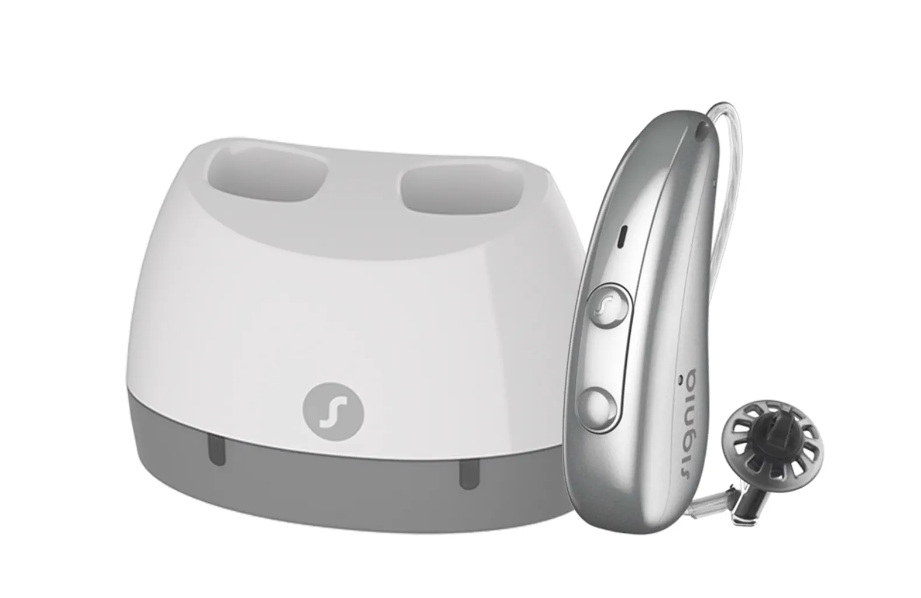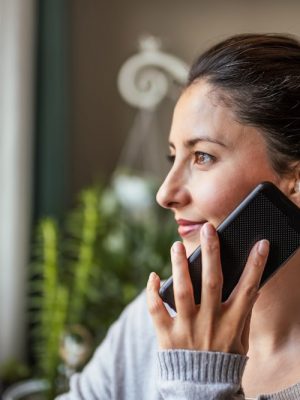Real Talk About OTC Hearing Aids

OTC Amplifiers vs Hearing Aids
There’s been so much excitement around the topic of OTC hearing aids but patients have lots of questions as well.
I’m always happy to explain to patients the difference between OTC amplifiers and hearing aids. Prior to legislation S.670, the “2017 OTC hearing aid act”, a hearing aid could only be called a hearing aid if it was tuned to provide a specific amount of volume at each frequency in order to correct a hearing loss. After the passage of this act, anything that provides sound can be called a hearing aid. The attempt of this legislation was to widen the access of hearing “assistive devices” to a larger population. Unfortunately, it has served to confuse consumers into thinking they can get the same product over the counter that they can from an Audiologist.
“The attempt of this legislation was to widen the access of hearing “assistive devices” to a larger population.”
Our team consists of certified, licensed doctors of audiology each equipped with formal training for hearing aids. We stand by our online hearing test and guarantee that it will match the quality of a test taken in a clinic. We ask the right questions that allow us to make hearing aid fittings successful. Our evaluations go beyond the standard checklist, so we can provide a worldwide service that goes beyond expectations.
We guarantee you’ll be happy (or you’ll get your money back).
Buy Premium Hearing Aids Now
Not All Hearing Devices Are Created Equal
These OTC “hearing aids” simply amplify sound across the entire frequency spectrum (usually 35 dB of volume for low, mid and high-frequencies evenly). Unlike professionally programmed hearing aids, these OTC devices do not correct hearing loss. In many cases (particularly if a patient has only a high-frequency hearing loss) the patient will hear background noise too loud but speech no clearer.
“Unfortunately, it has served to confuse consumers into thinking they can get the same product over the counter that they can from an Audiologist.”
The new OTC hearing devices raise more concerns for me than just my bottom line. There are already hurdles for new hearing loss patients who need professionally programmed hearing aids. Many will opt for the cheaper OTC option, but will become discouraged when they don’t get the desired results. Without proper counseling or a fitting by an Audiologist, these patients may experience further hearing loss, which makes them 2 to 5 times more likely to experience cognitive decline and dementia. Eventually these patients may choose to purchase real hearing aids, but by then it may be too late.
Make sure you treat your hearing loss appropriately by using expertly programmed hearing aids tailored to your individual, unique hearing loss.
